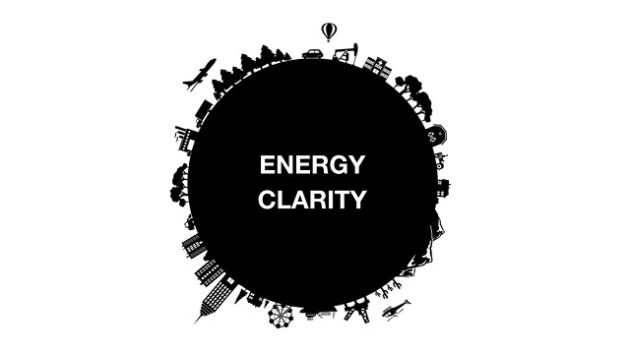Freedom to Develop
In this column, we’re going to discuss the freedom to develop.
What is the freedom to develop?
To develop is to change our environment from one form into another form—in particular, a form that the developer regards as more conducive to human life. All energy production requires development, and a lot of it.
What does freedom to develop mean? It means that others cannot forcibly interfere: private individuals should not be able to sabotage development, as sometimes happens with pipelines, and governments shouldn’t be able to sabotage development, which is far more common.
Pro-development vs. anti-impact
If we want the best laws to promote human well-being through energy abundance, we need this freedom. However, there are a lot of people in the world, particularly in wealthy countries, who advocate the idea that development is bad. They sometimes call it “being green” or “minimizing impact.”
If you really take that idea seriously it means that we shouldn’t do the things that we need to do to prosper, and that in fact we shouldn’t have done most of what we’ve already done to make ourselves prosperous.
If we’re anti-development, if we want to minimize our impact, then we should have never turned the patch of dirt and trees in the northeast United States into New York City.
If you look at the map of North Korea and South Korea, you’ll see that South Korea is lit up at night while North Korea is almost completely dark: if we really want to minimize impact, North Korea is doing a much, much better job.
I think this anti-development idea is a dangerous idea. We don’t want to be anti-development. W.
The vital importance of private property rights
This doesn’t mean that the government has to develop itself. It just means the government has to allow people to be free to develop.
Historically, the United States has been the world’s energy leader and the world’s energy innovator because we have had the most freedom to develop of any place in the world—including a strong respect for private property rights, which are vital for enabling people to develop energy resources.
But today, the right to private property and the right to develop are both under attack. Much damage has already done by anti-development activists preventing people from using their land as they choose, and instead saying that landowners are obligated to use their land only in the way the activists see fit.
We might ask, “Does freedom to develop mean that anyone can develop anywhere?” There’s room for debate here, but in general, people who own private property can and should preserve the areas that they really want preserved and develop the areas they really want developed. It’s a very dangerous idea that one person’s property rights should be restricted because someone else wants that property to remain pure.
If I buy several acres with some trees, and then I learn that underground there’s an amazing amount of hydrocarbons, I should be free to extract that so I can get a royalty from it. Someone in Washington D.C. or Washington State shouldn’t get to say, “I want your land“ or to tell you how to use your land.
The freedom to develop is crucial, so if we respect the freedom to develop while respecting the freedom from endangerment, we can make a lot of progress.
RELATED ARTICLE: Trump blames California wildfires on ‘bad environmental laws’




Leave a Reply
Want to join the discussion?Feel free to contribute!